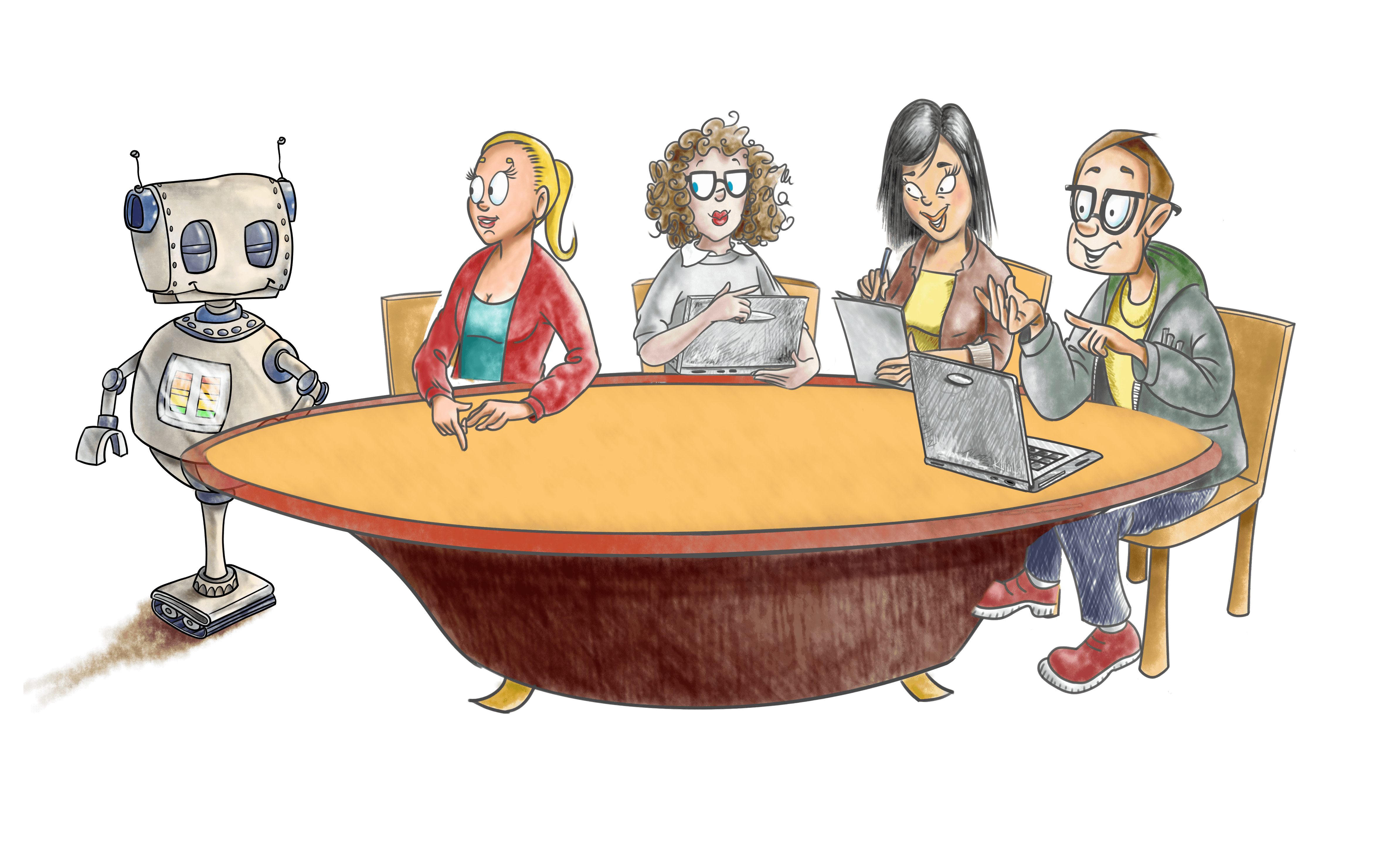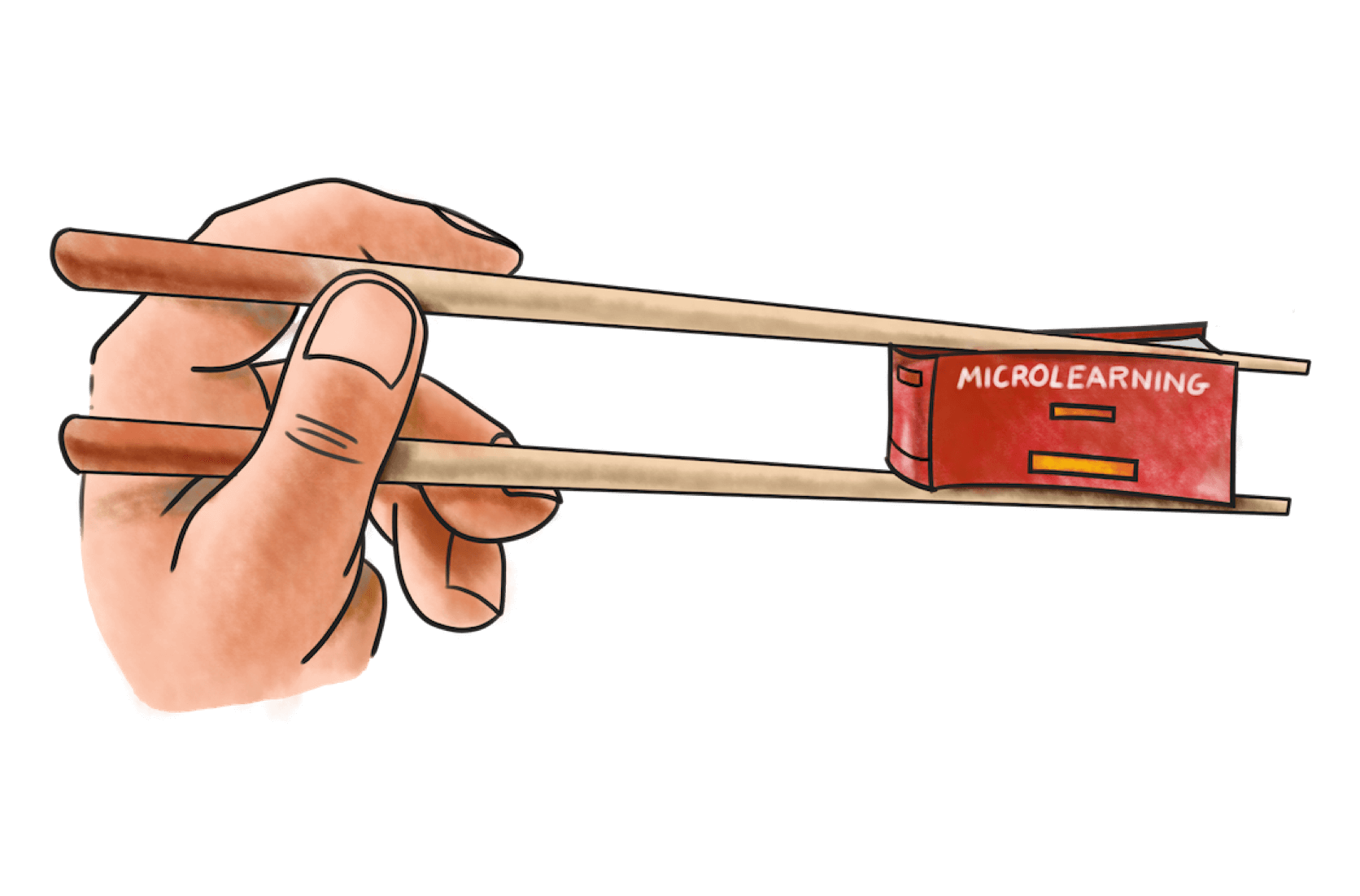
Make it Work is a five-part podcast series where @Karen Kirton, founder of Amplify HR, and Lachy, co-founder of Yarno, look at the modern workplace to find out what's working, what's not, and how the future of work is being shaped, today.
In the first episode of Make it Work, Karen and Lachy discuss all things workplace culture. Uncovering popular opinions, they dive into how team culture changes from the office to a remote environment, what healthy and unhealthy workplace cultures look like, and where the responsibility for leading the culture falls.
They also discuss tips for being more intentional when building and maintaining workplace culture, why Lachy’s business went fully remote in 2020, and what Yarno’s experience has been like with hybrid work.
BONUS: Karen and Lachy fire off questions to each other on work, life and must-read articles that highlight different perspectives on workplace culture.
Show Notes
00:46 Definition of culture
09:00 Who is responsible for culture
10:40 Importance of communication
11:02 Culture isn’t fixed, and it keeps changing
13:07 Building trust – you can’t demand it – it builds over time in small moments you wouldn’t expect
14:20 Monkey story and impact on culture {Reference 1}
16: 15 Tradition is peer pressure from dead people
17:04 Giving and receive feedback – need to be trained in how to do it. Assume positive intent
18:50 Feedback ratio of five positive to one negative {Reference 2a,b,c}
19:30 People hate performance reviews because we aren’t training people in mindset. We need to train positive intent, positive feedback and being skilled in how to give feedback
21:55 There is a cost of doing nothing. There is a cost to status quo.
22:28 To make change there has to be an investment of time
25:20 Speculate on why remote working is more prevalent for tech companies
26:20 Going remote – being intentional about how do we do our best work? We can’t just replicate an office
35:55 What is the purpose of the office? Does it include having unstructured interactions in the structure of the office?
43:10 Hiring great people is very hard – candidate expectations have shifted and they are asking for flexibility and work from home options .
45:23 How many people will quit because they are forced back to work in an office?
46:48 Trying to have a rigid rule about x days per week in the office for benefits that are quite flexible and organic such as collaboration and social learning
48:26 Unintended consequences for hybrid models – tiered employees for those in the office versus at home
50:10 Does working from home in hybrid models negatively impact and exacerbate the gender pay gap as women aren’t in the office as much due to caring responsibilities
51:50 This is the ongoing way our communities need to live and work so it needs attention
52:06 Antifragile – we are good at creating fragile systems with small margins of error {reference 3}
53:00 How do we look at how we connect and add work onto that rather than modifying our life to suit work
53:50 Article : Microhubs by Sebastian David Lees {reference 4}
57: 19 Article : Irish pubs could become work hubs in post-pandemic plan – BBC {reference 5}
1:01:06 Advice for a new growing business on what type of working environment they should create for their staff
References
2a https://www.amazon.com/What-Predicts-Divorce-Relationship-Processes/dp/0805814027/
2b https://www.amazon.com/How-Full-Your-Bucket-Rath/dp/1595620036/r
2c https://hbr.org/2013/03/the-ideal-praise-to-criticism
3 https://www.amazon.com.au/Antifragile-Things-That-Gain-Disorder/dp/0812979680
4 https://www.sebs.website/micro-hubs-are-the-future-of-working/

























